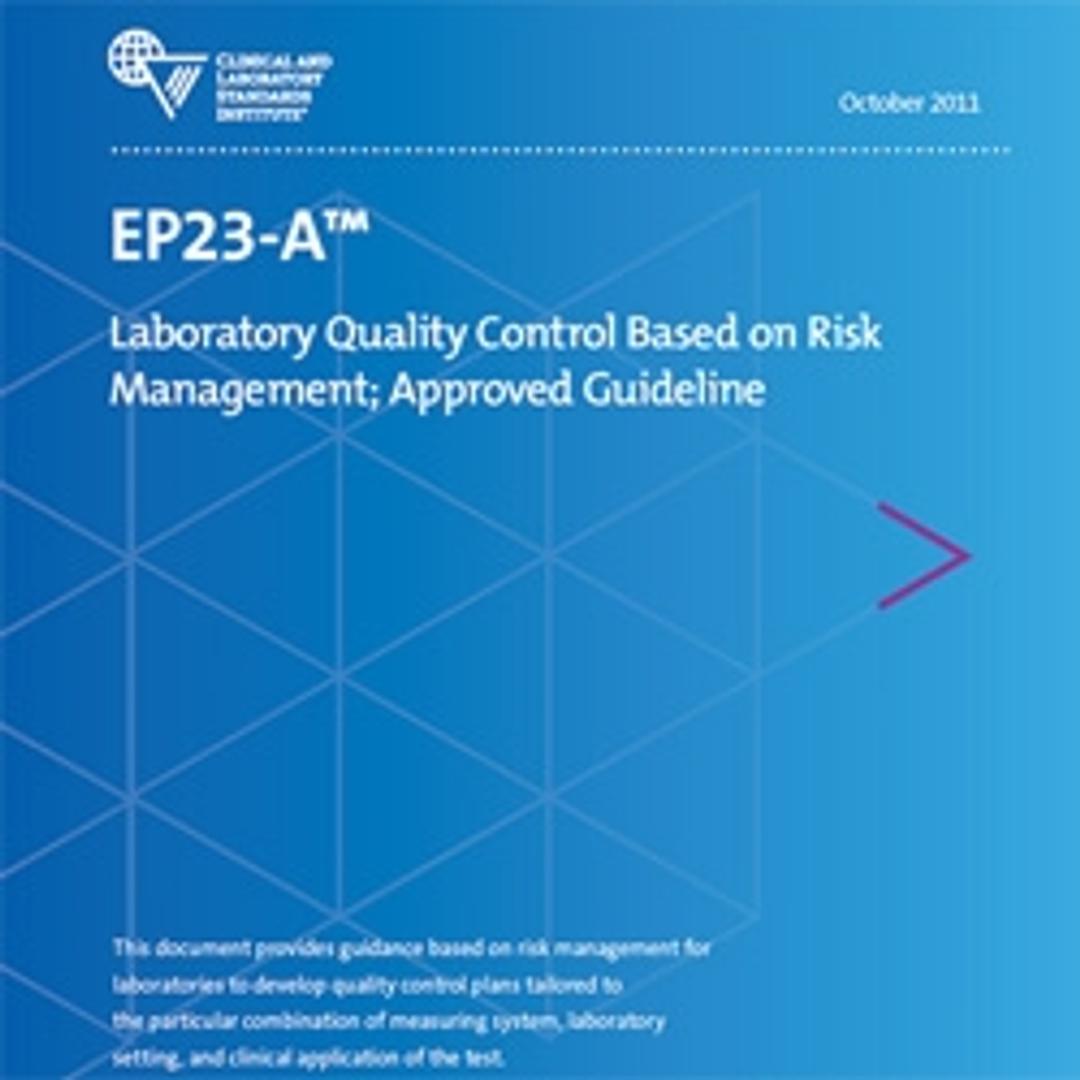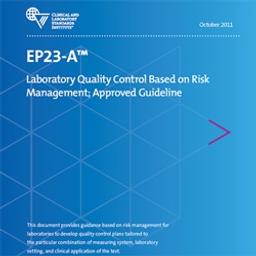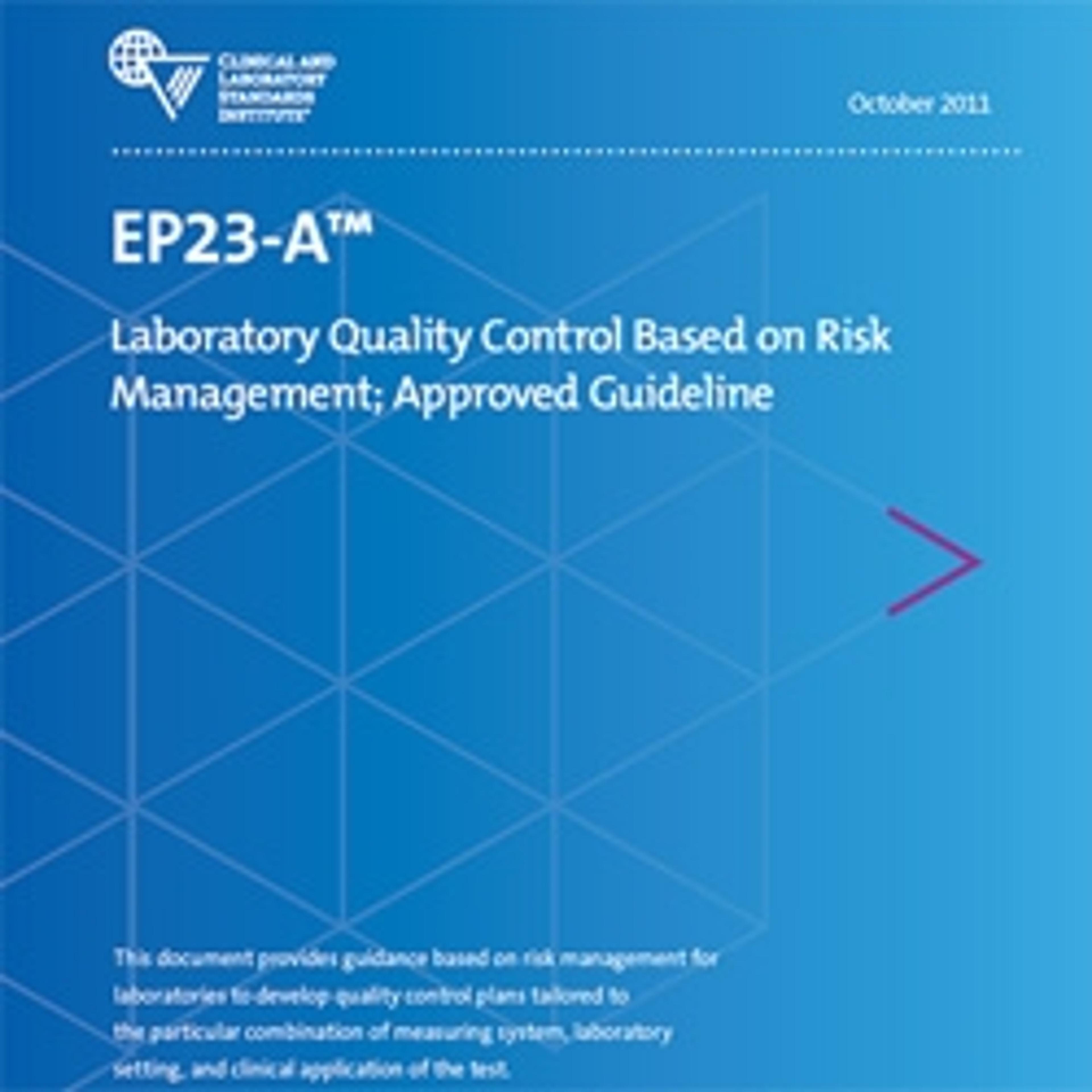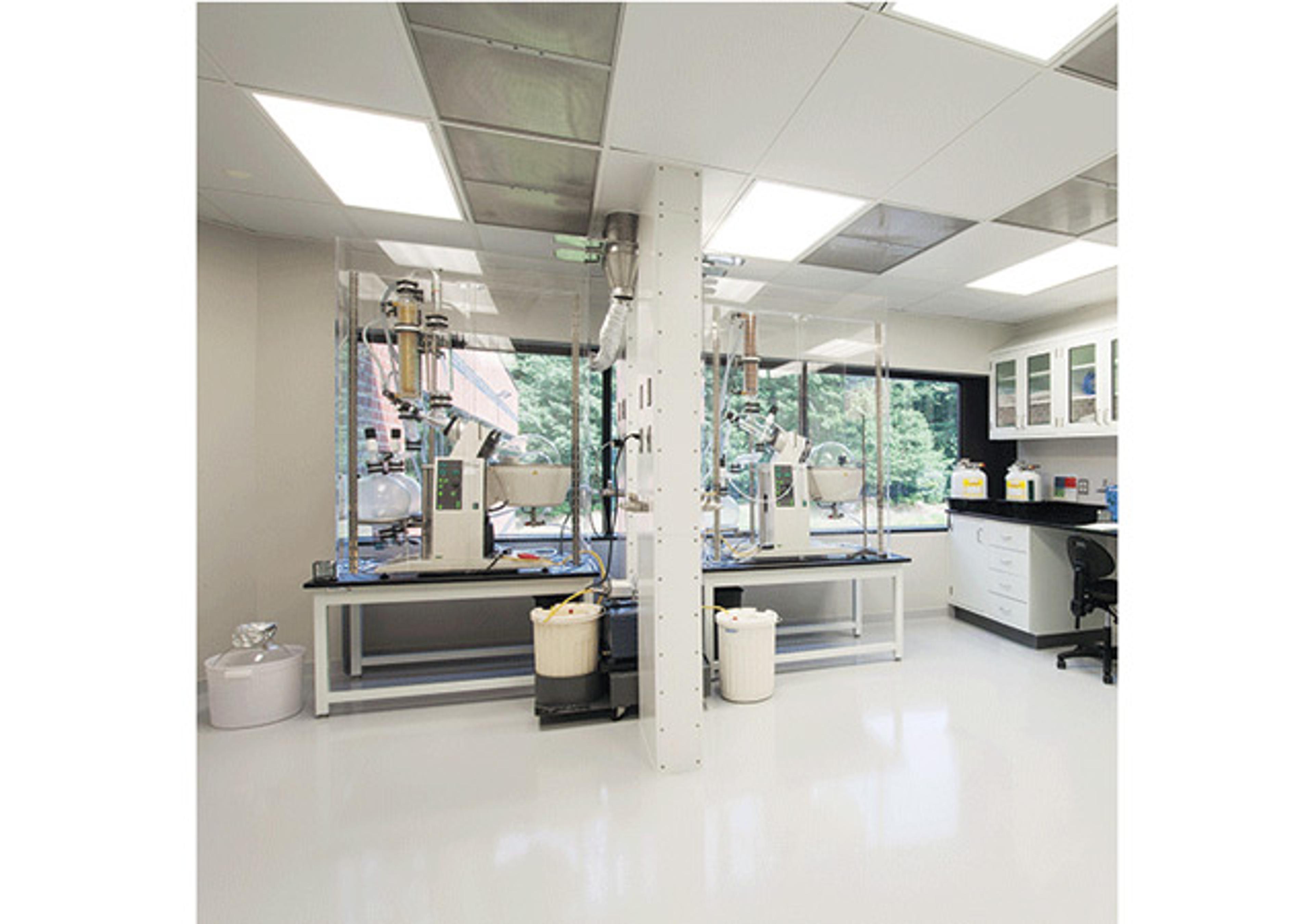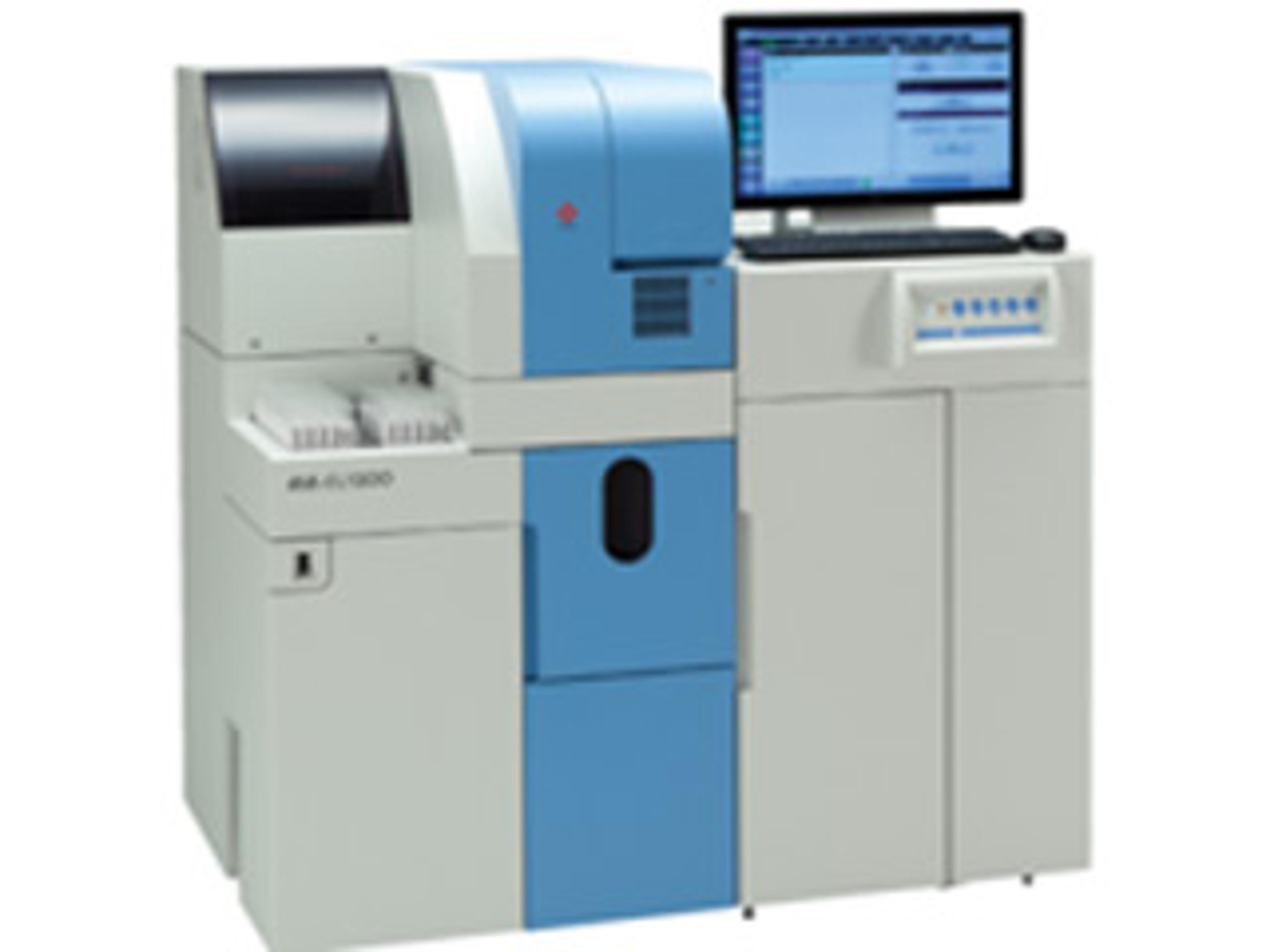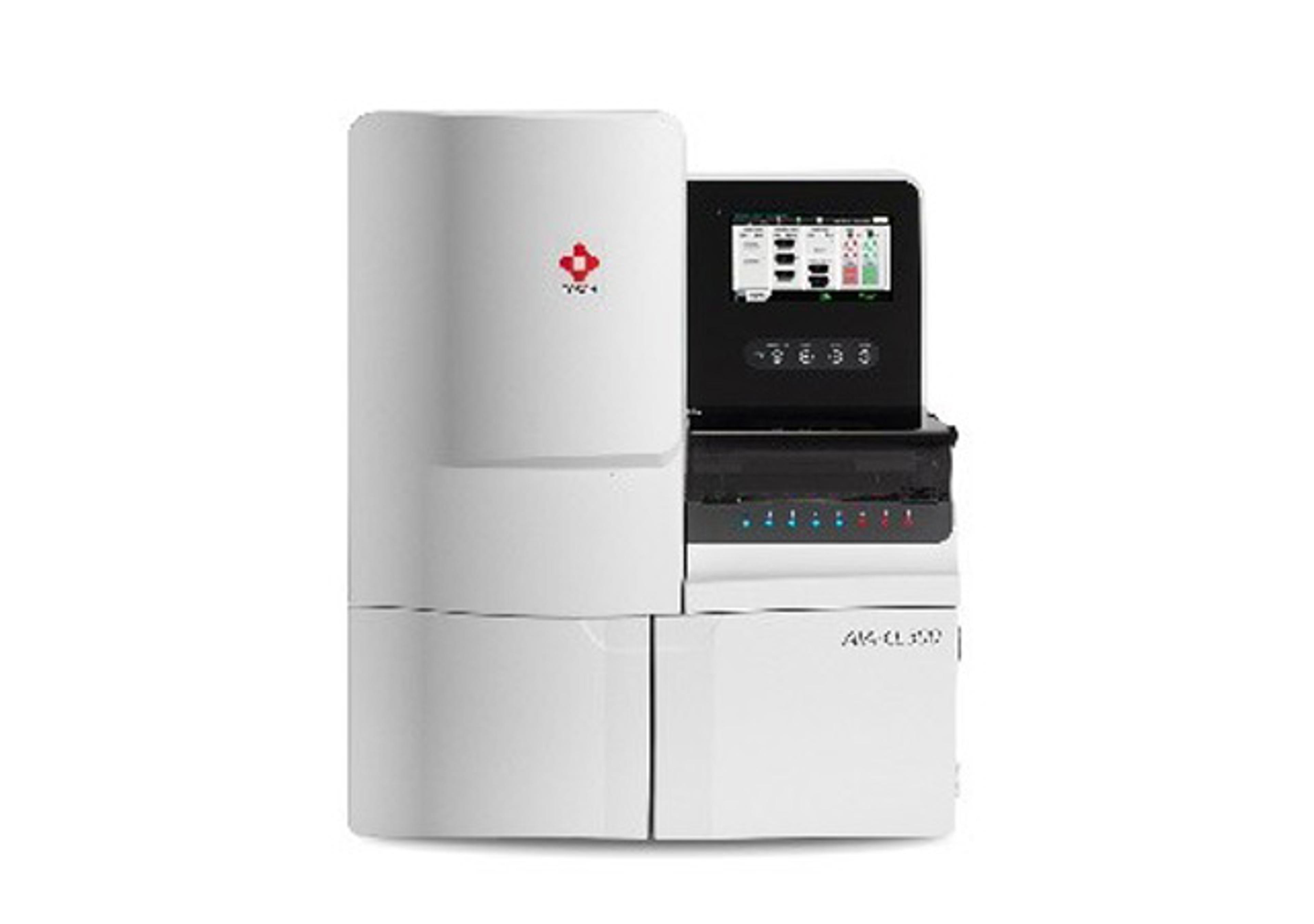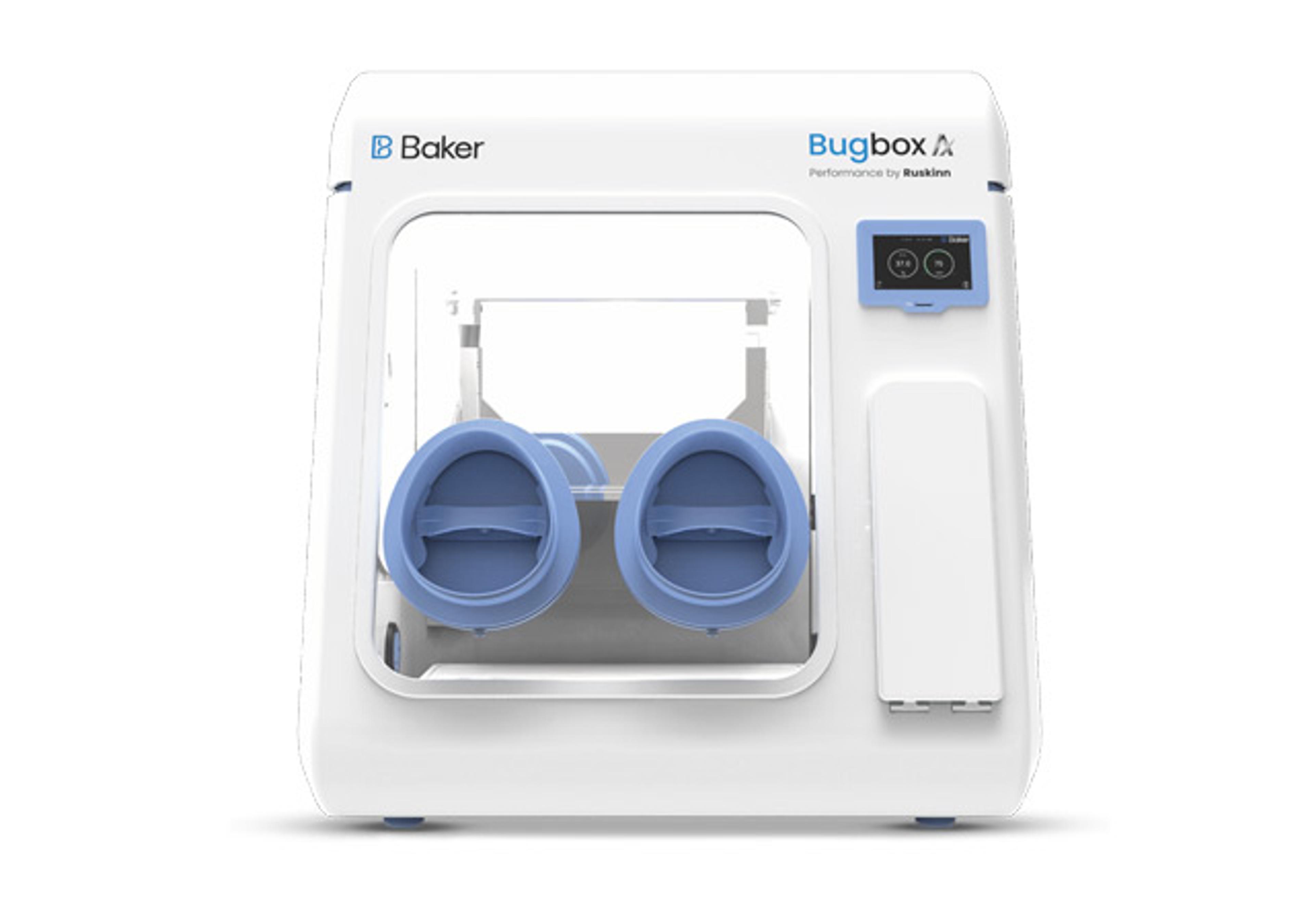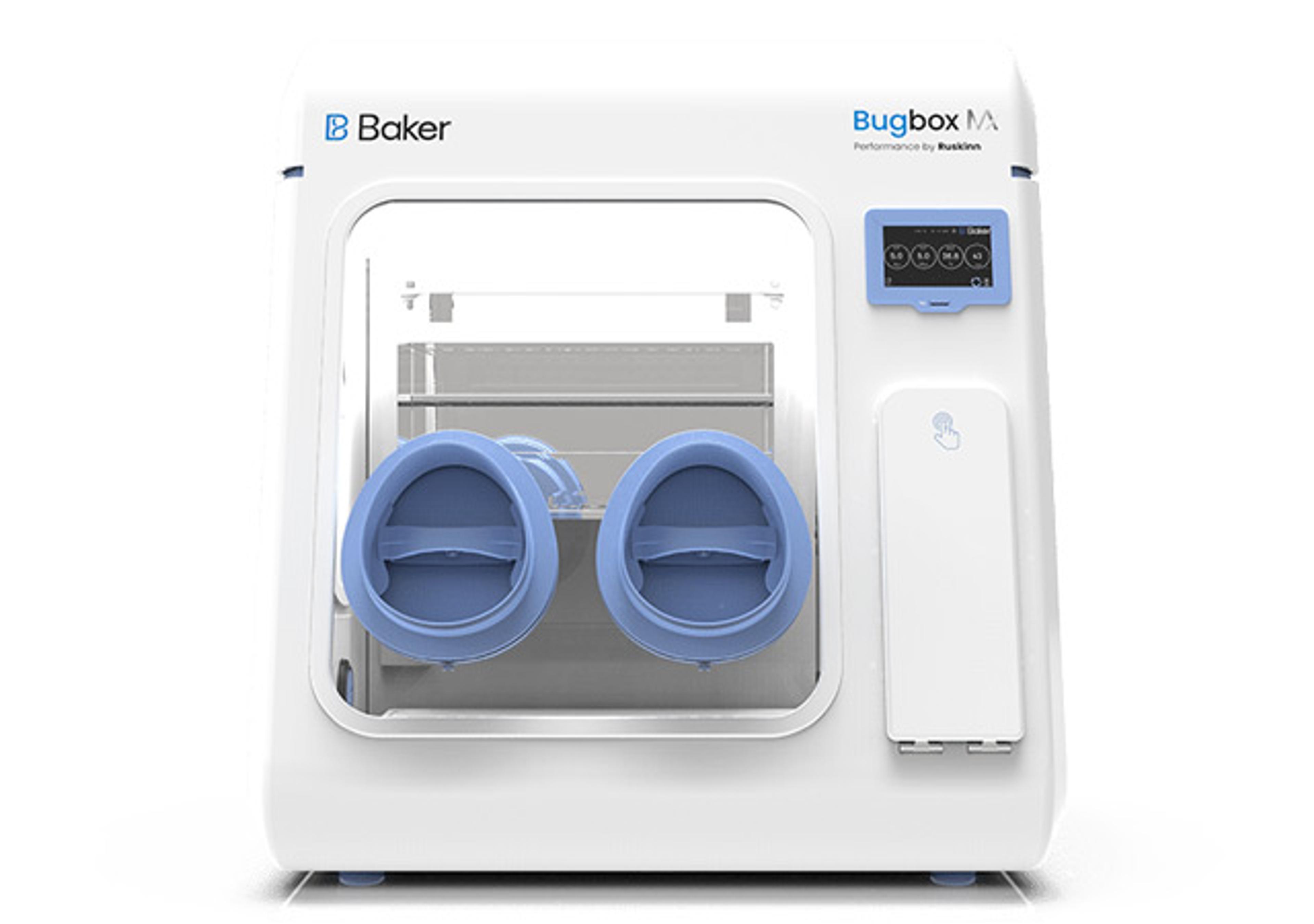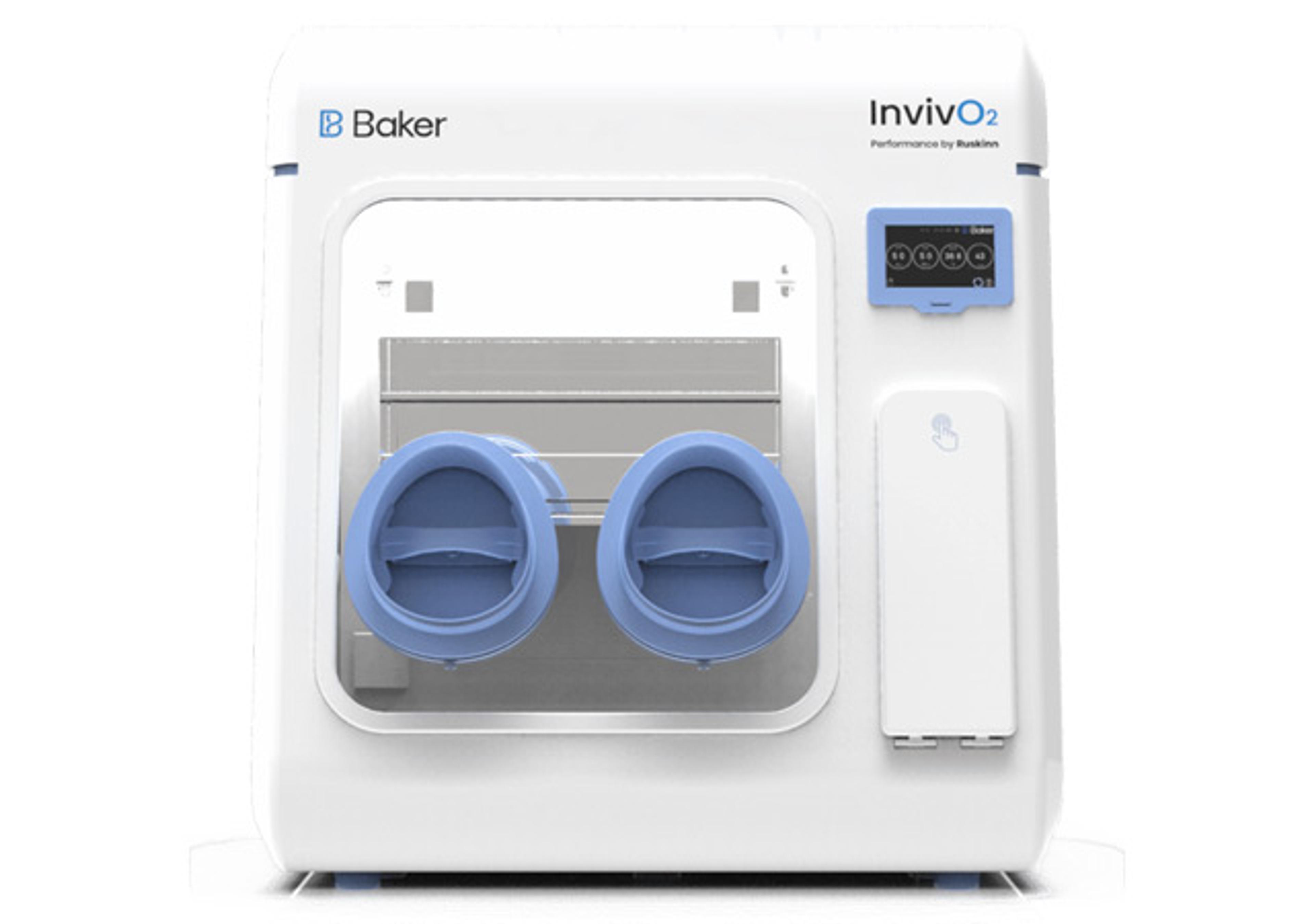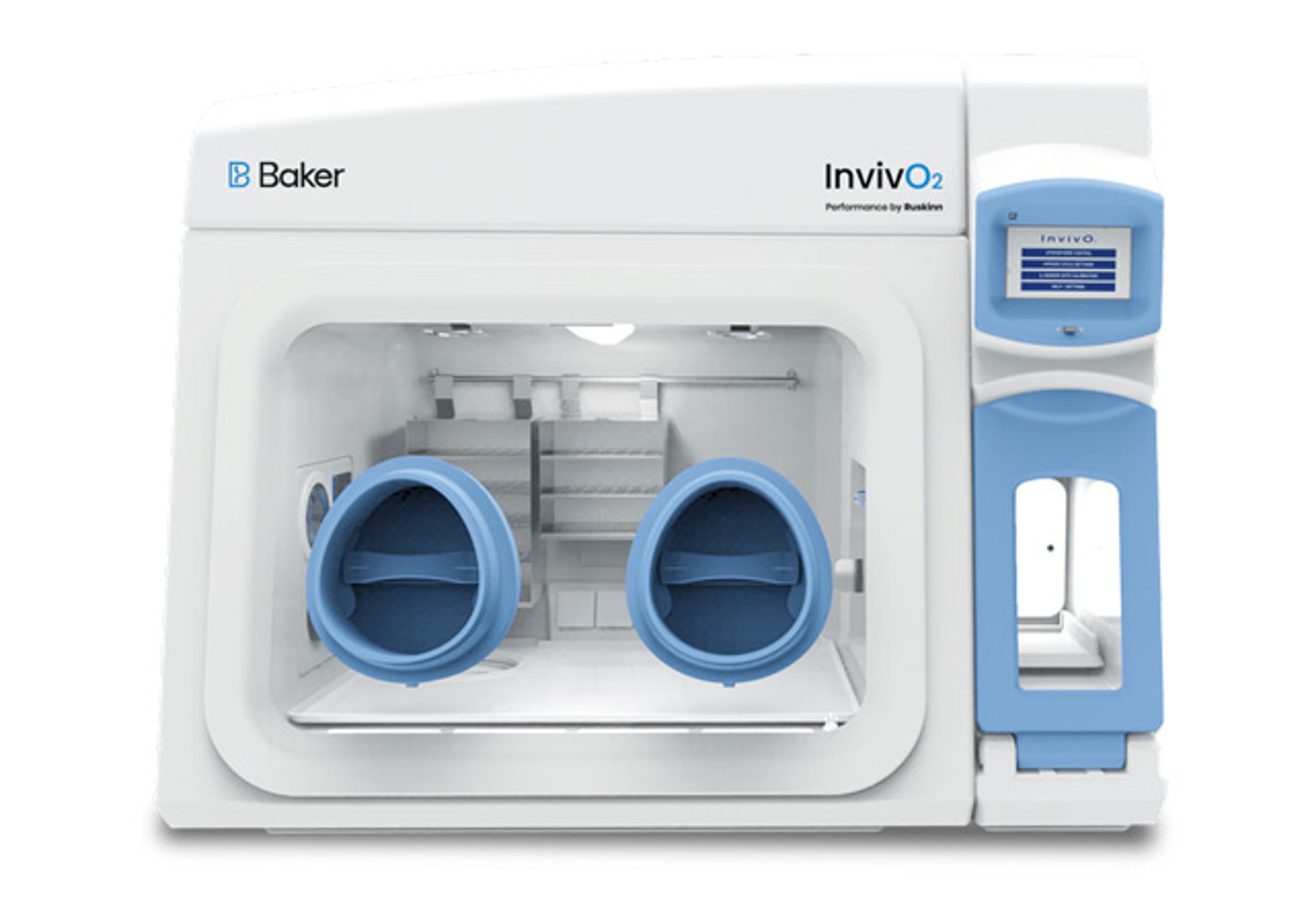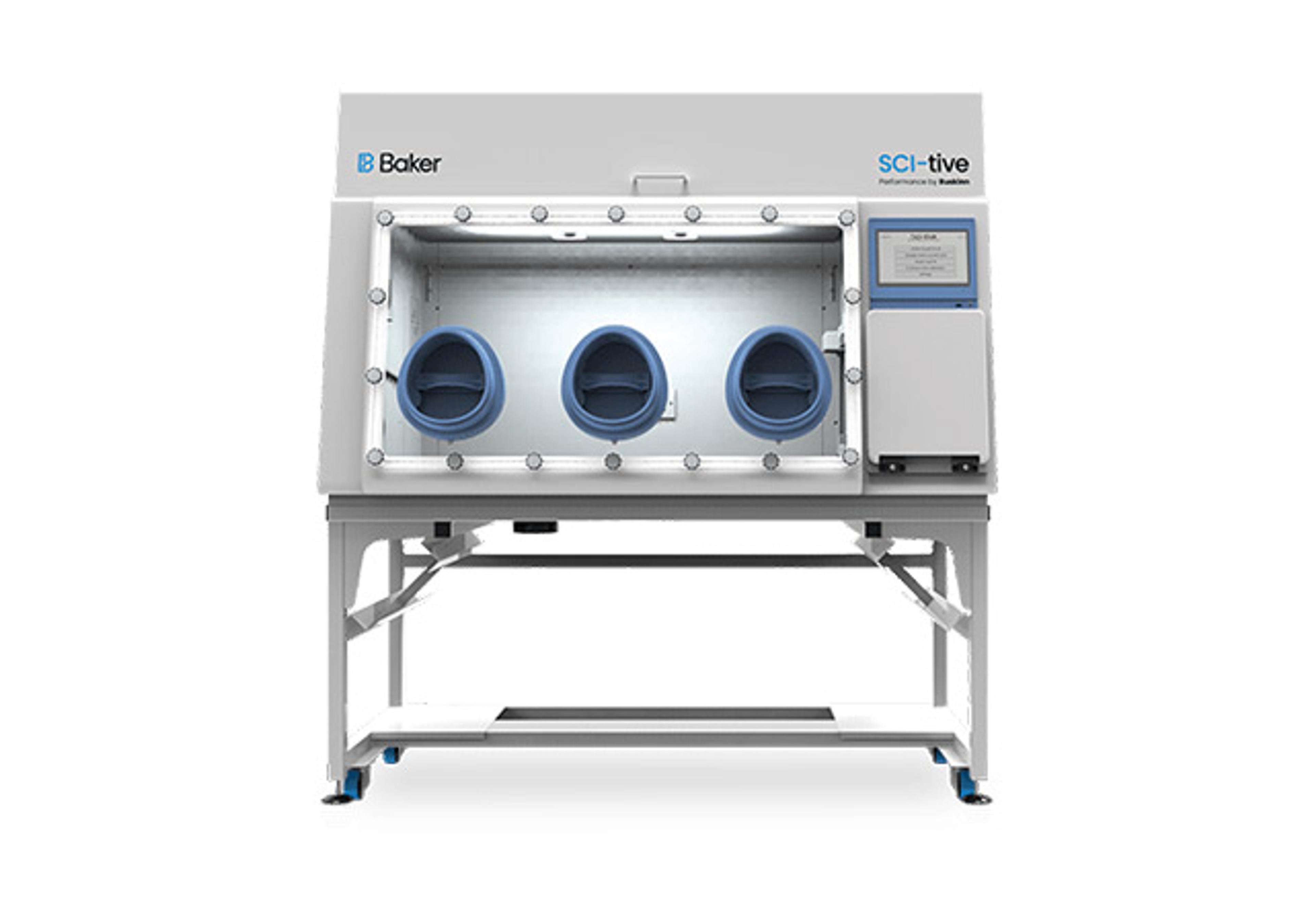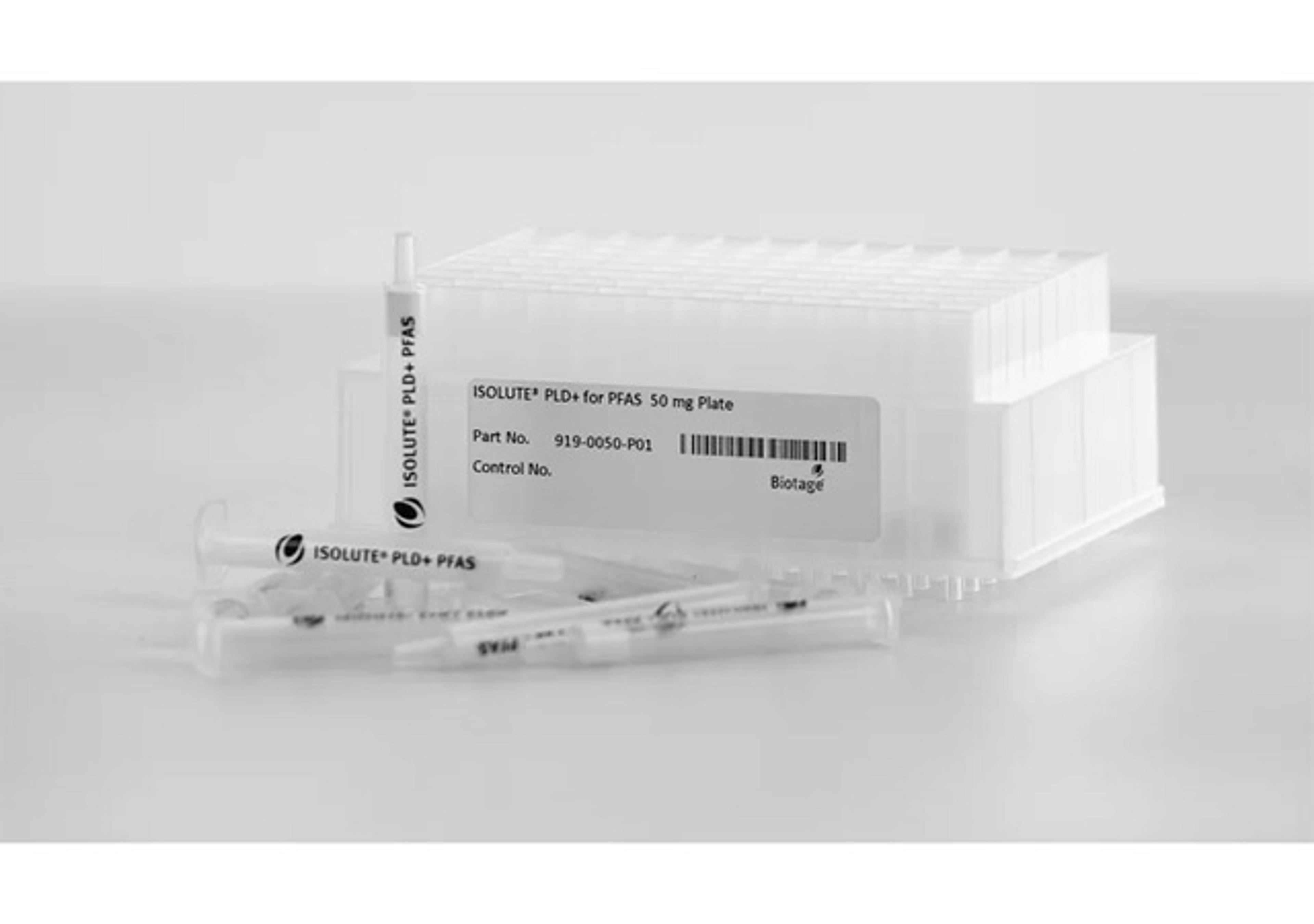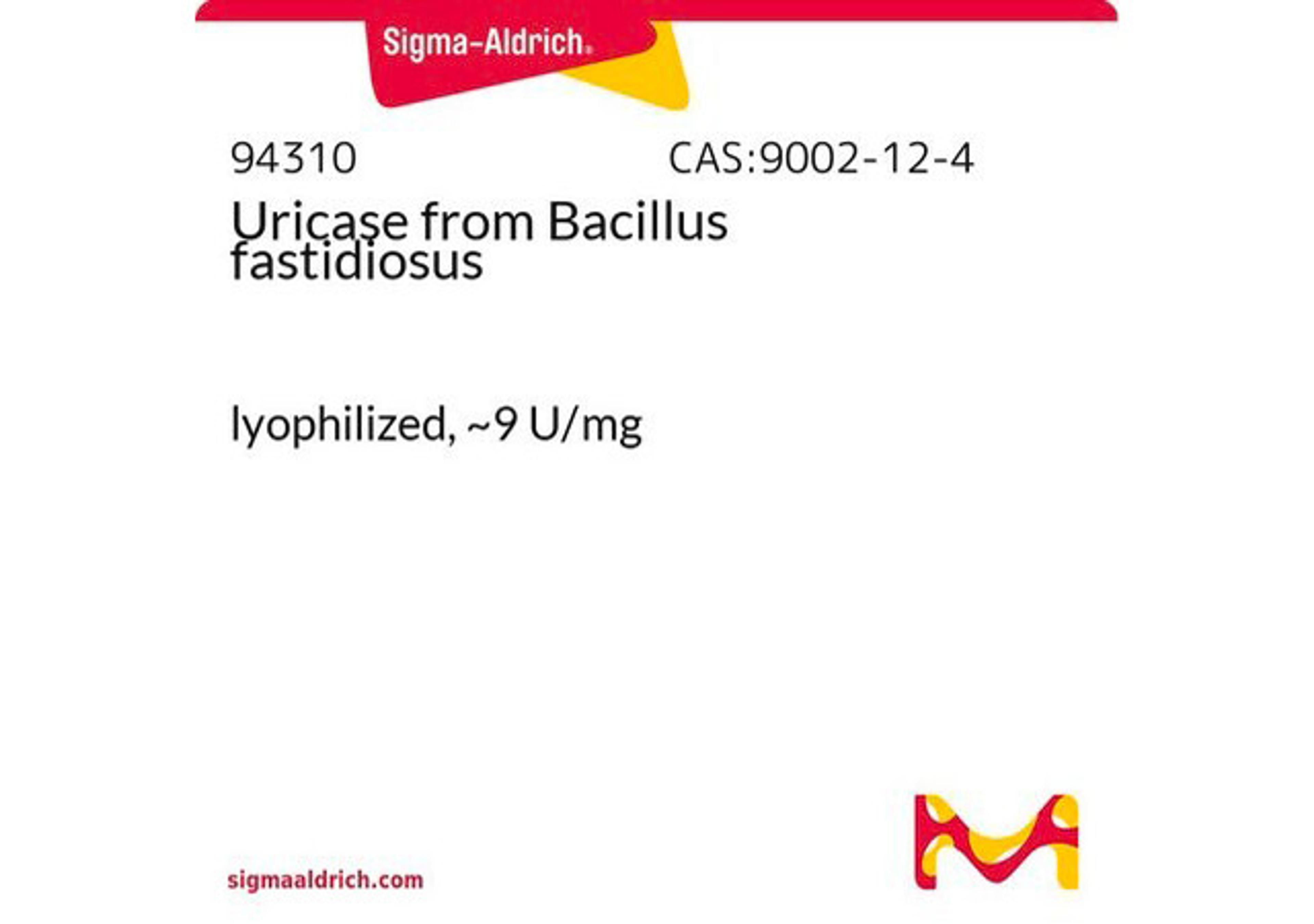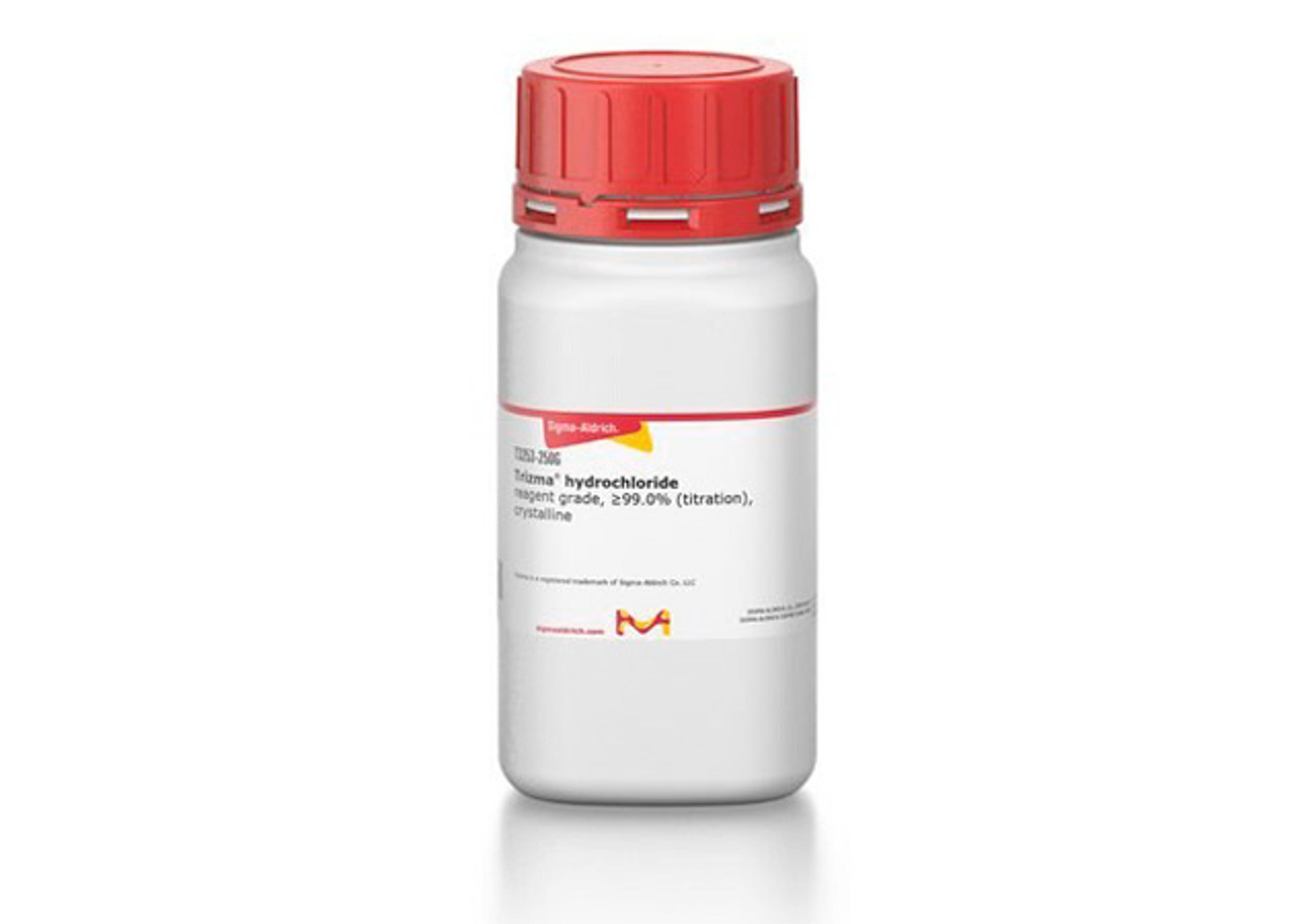EP23
Laboratory Quality Control Based on Risk Management, 1st Edition

The supplier does not provide quotations for this product through SelectScience. You can search for similar products in our Product Directory.
Clinical and Laboratory Standards Institute document EP23, 1st Edition provides guidance to laboratories on the development of quality control plans for measuring systems.
Although the manufacturer is responsible for quality in design of its measuring system and reagents, the laboratory and, ultimately, the laboratory director are accountable for the quality of test results. To establish effective quality control (QC), laboratories should process an array of information through a risk assessment process.
Some of these factors include:
- Regulatory requirements
- Manufacturer-provided information
- The laboratory’s environment
- The medical applications of tests performed
EP23 provides guidance to laboratories for establishing a quality control plan (QCP). The advantages and limitations of a variety of QC measures are discussed to help the laboratory develop a QCP that is appropriate for its particular measuring system, laboratory, and clinical environment.
The document also describes good laboratory practice for developing and maintaining a quality control plan (QCP) for medical laboratory testing using internationally recognized risk management principles. An individual QCP should be established, maintained, and modified as needed for each measuring system. This document is intended to guide laboratories in determining quality control (QC) procedures that are both appropriate and effective for the test being performed.

